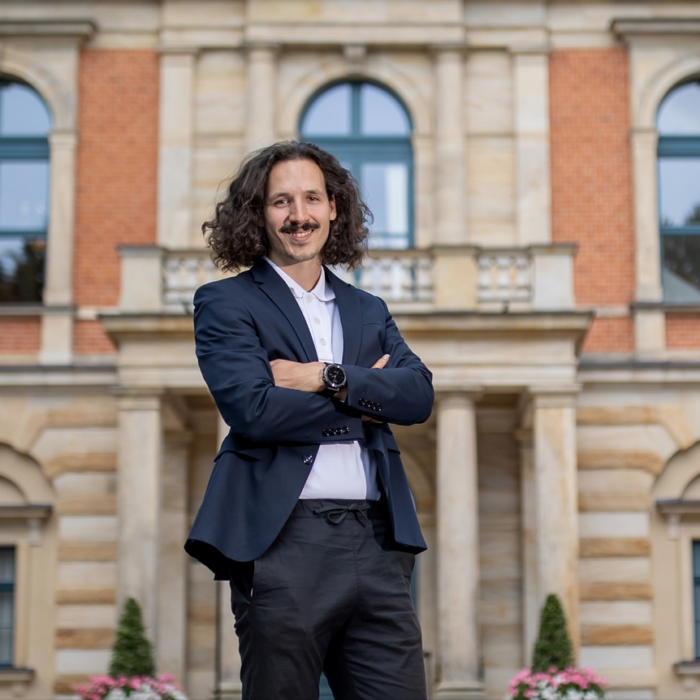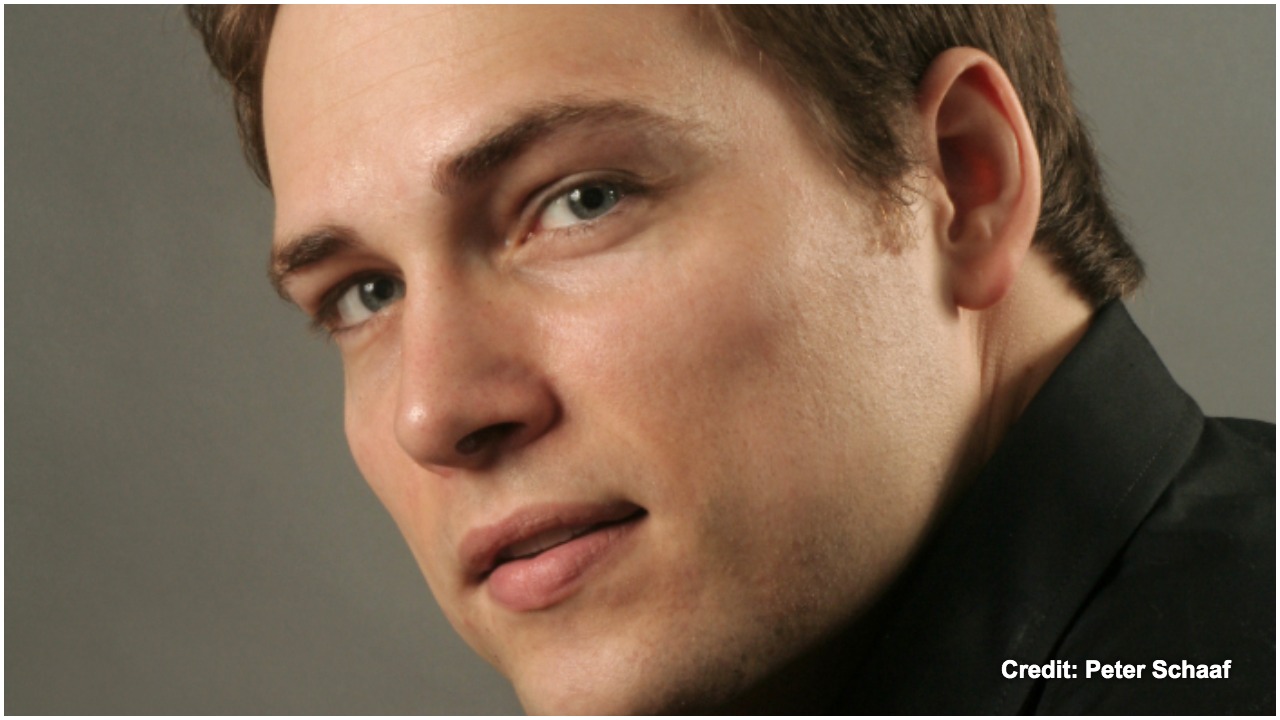
Q & A: Lars Ulrik Mortensen On ‘Il Trionfo Del Tempo E Del Disinganno’ in Copenhagen
By Francisco SalazarHandel’s “Il Trionfo Del Tempo E Del Disinganno” is one of his most unique works as it is his only oratorio and one that in the past years has gained increased recognition. What’s more, this work was written by the composer when he was but 21.
Now, for the first time, the work will be presented at the Royal Danish Theatre in a staged production with Concerto Copenhagen. The two have previously collaborated in some of the Royal Danish Theatre’s greatest success stories, including Handel’s operas “Giulio Cesare” and “Partenope.”
Renowned harpsichordist, Lars Ulrik Mortensen, who is also music director of the Concerto Copenhagen, spoke to OperaWire about debuting the work in the theatre and bringing the oratorio to life in a rare staging.
OperaWire: What are the challenges of conducting and leading Handel’s “Il Trionfo del tempo e del disinganno?”
Lars Ulrik Mortensen: Concerto Copenhagen and I performed “Il Trionfo” in 2011 in Copenhagen and Vienna, but I have known this oratorio for decades.
It is Handel’s earliest work in this genre and was composed in Rome during Handel’s extremely fertile visit to Italy, when he was only in his early twenties. As with so many other works from this period, I have always been fascinated by the energy, the expressive range and the complete command of a musical idiom which Handel was only just learning. The level of both compositional, instrumental and vocal virtuosity is extremely high and surely mirroring the fact that “Il Trionfo” was written for a highly accomplished group of performers led by the “Grand Old Man” of Italian violin-playing, Arcangelo Corelli.
OW: What attracts you to Handel’s music and what makes this oratorio different from his other pieces and operas?
LUM: The ‘story’ in “Il Trionfo” is not as concrete as in most of his other dramatic works. There are no political or amorous conflicts, no deaths, murders, imprisonments or any other of the standard ingredients that we might expect. Except one: Personal psychological conflict.
The theme of the piece is the quest for meaning in life – no more, no less. The four characters – Beauty, Pleasure, Time and Wisdom – are allegorical and express themselves mostly in solo arias, but the individual affects of each aria are very “opera-like,” and the range of feeling as well as the depth and importance of the subject is most beautifully expressed in music by an astonishingly mature 21-year-old Handel.
OW: Are there any highlights in the work that you particularly enjoy performing?
LUM: There seem to be very few human emotions or psychological states which Handel was not capable of expressing musically, so, as always with this composer, the best aria of a work is mostly the one you are performing just now!
But Beauty’s final aria “Tu del ciel” –” Il Trionfo” is the only oratorio by Handel which ends quietly – with its magically haunting atmosphere it has always had a very special importance to me. I would like to have this music played at my own funeral.
OW: Tell me about you collaboration with Mary Bevan and what she brings to the piece?
LUM: All the four singing roles in “Il Trionfo” are extremely demanding and were undoubtedly written for singers with very individual and special qualities, and I am very happy with the cast of this production: Caitlin Hulcup as Piacere, Joshua Ellicott as Tempo and Sonia Prina as Disinganno.
Unlike most of Handel’s other dramatic works, the characters in “Il Trionfo” remain dramatically and psychologically static, but Belezza is the exception. She alone undergoes profound changes during the piece, and Handel’s musical and expressive demands on the singer for this role are considerable. One needs not only the vocal qualities, but also vulnerability, deep conviction and honesty. We are very fortunate to have Mary Bevan bringing her unique qualities to this role.
OW: This oratorio will be staged. How does your approach change especially as most oratorios are generally performed in concert? What is your relation to the director like?
LUM: My approach to Handel’s music – and indeed to most of the other composers I perform – is to try and realize the inherent or perceived dramatic content in a musical language, so I see no need to treat oratorio and opera differently.
That having been said, until this production, I had never seen “Il Trionfo” as an obvious candidate for staging! Not primarily because it was never so intended, but mainly due to its allegorical and “non-dramatic
nature.” But I think that stage director Ted Huffman has created a “non-concrete” visual language which – also by adding four dancers – eminently mirrors the ebb and flow of the narrative and the music behind it and which adds a dimension to the work that would not happen during a concert performance.
OW: It is the first time the piece is performed at the Royal Danish Theater. Tell me what it feels to bring it to this legendary theater for the first time?
LUM: Concerto Copenhagen has cooperated regularly with the Royal Danish Theatre since the early 2000s, performing music from Monteverdi to Mozart. Our aim has always been to present “Baroque Opera” – a genre whose reception by a considerable part of the public is still somewhat fraught by lack of familiarity or prejudice – as a highly contemporary and relevant art-form for an audience of today.
In the case of “Il Trionfo,” I also personally hope that we will be able to convey to the audience the immediacy, the astonishing freshness and the expressive power of Handel’s unique musical language.


